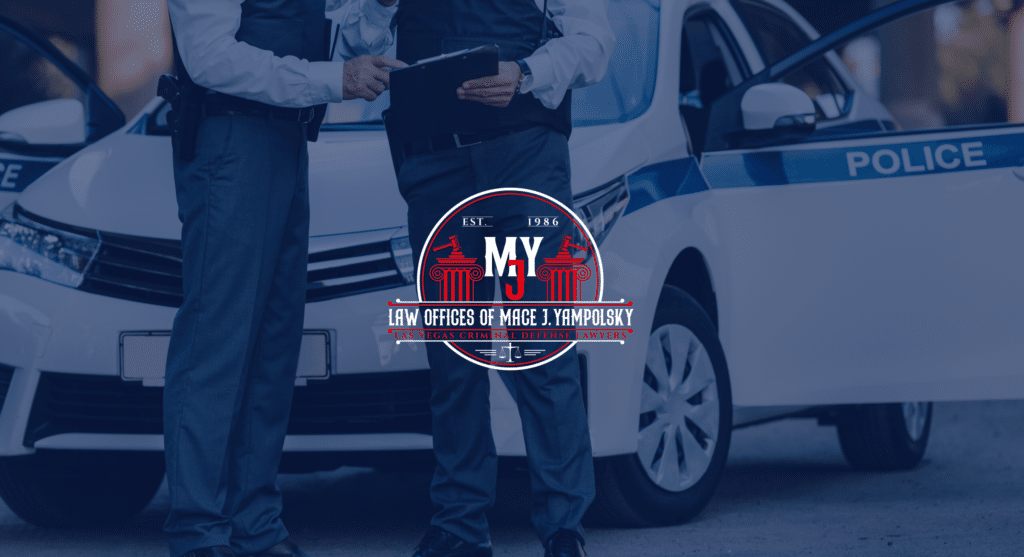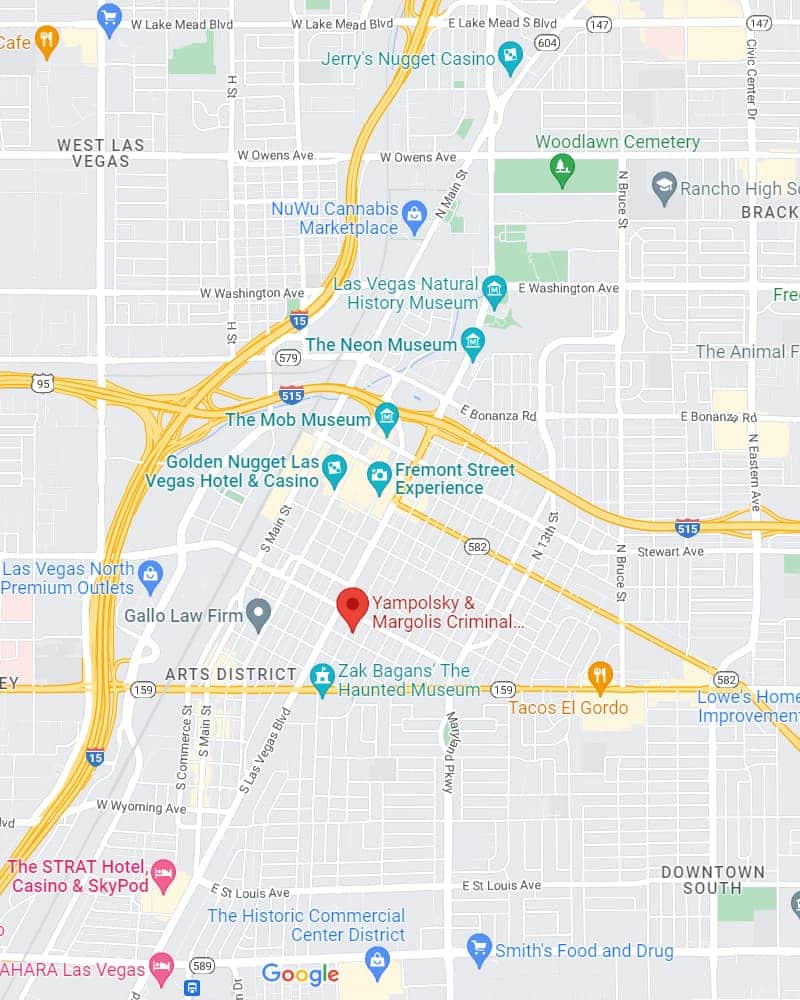For both gross misdemeanors and felonies, if you’re charged by a complaint, it means that a district attorney has reviewed the police reports and decided there is enough evidence to move forward.
First, you go through a preliminary hearing, which is called a ‘Probable Cause Hearing’. This means that the state needs to prove there is probable cause to move forward and that the state should be able to bring this person to trial.
An important fact to consider in these cases is that there is a different standard of proof. During the
preliminary hearing the standard of proof is slight or marginal evidence. Once you go to trial, the standard
of proof is beyond the reasonable doubt, which is much higher.
The reality is that the truth never changes. If something really happened, then what you say when you talk
to police, during the preliminary hearing and at trial should all be the same.
There may be minute variations but if somebody says one thing in the police report and another at the
preliminary hearing, obviously they can’t both be true. The prosecutor will most likely assume a person is
lying and judges, obviously do not appreciate that. Things like these happen often, and most of the time
when a client changes their story, that hurts their case.






